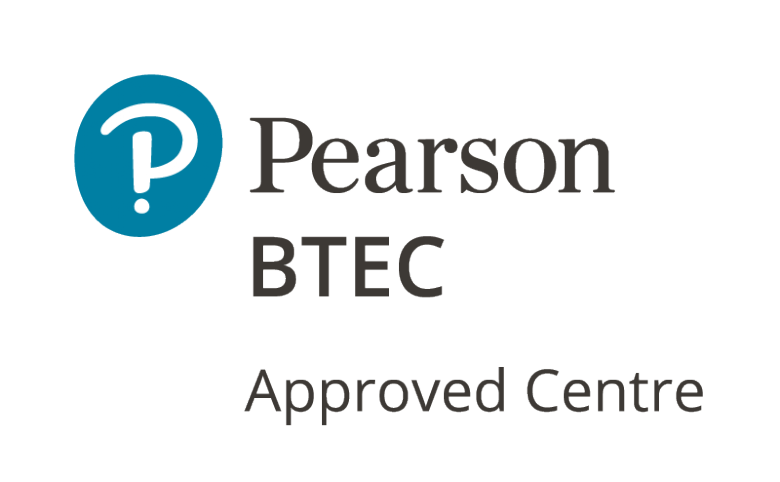Sciences (Biology, Chemistry, Physics)
Science
Course Overview
Science at Dorset Studio School provides some of the academic backbone to the school’s focus on the themes of “Land and Environment”. The intent is that students develop a coherent scientific understanding of the world in which they will live and work. We implement this by drawing on the unique mix of life experiences and pathways followed by our students. Core scientific concepts and knowledge are taught, wherever possible, within a land and environment context. Many of our students aim to become professionals in land and animal-based industries and the Science GCSE courses are significant enablers of their chosen post-16 vocational and academic courses. Through a mixture of extra-curricular activities and academic success we will have a significant impact on the students’ future aspirations.
Pupils study the normal National Curriculum for science. Within this framework they particularly develop their understanding of the land and environment from a scientific perspective.
The science curriculum is one continuous progression all the way from year 7 to 11. There is a clear and gradual increase in complexity, challenge and application.
New KS3 Science Curriculum—Years 7 and 8
We are in the process of developing a new topic-based course for the students in years 7 and 8.
The year seven course starts with a focus on the ‘Marine environment’ particularly making use of the local UNESCO World Heritage coastline of Dorset. This is then followed by a holistic approach to combining science and health in the ‘Healthy Farmer’ topic: focusing on diet, exercise, mental and physical health. The third topic ‘Farm buildings and structures’ develops the study of electricity, properties of materials, forces, sound and light.
The year eight course includes a detailed look at ‘Primates’ and their habitats and behaviour. This is in preparation for a visit to Monkey World in the summer term. ‘Soil’: its composition, characteristics, conservation and use are also another important topic. Students also look at a variety of ‘Plant and Animal diseases’ in the process developing a greater awareness of cells, bacteria and viruses and the interdependence of living things.
In addition students have STEM lessons in which they use their knowledge of science and mathematics to solve problems in a variety of different contexts. These lessons allow the students to develop their own ideas and improve their skills at working together to achieve a specific goal.
Year 9
In year 9 our course consolidates the prior topics and prepares students for their GCSEs. There is a mixture of theory and practical lessons depending on the topic being studied.
In year 9 we study :
Biology : 1. The cellular nature of life with a focus on transport systems. 2. The role of enzymes in the digestive system. 3. The heart and lungs. 4. Plant tissues. 5. Photosynthesis. 6. The role of hormones in reproduction and contraception. 7. Sexual and asexual reproduction. 8. Ecosystems
Chemistry : 1. Atomic structure. 2. The periodic table and its relationship to atomic structure. 3. Ionic bonds. 4. Conservation of mass. 5. Exothermic and endothermic reactions. 6. Chromatography. 7. Identification of gases.
Physics : 1. Magnetism. 2. Density. 3. Specific heat capacity and latent heat. 4. Particle model of gases. 5. Energy stores and transfers. 5. Forces. 6. Electricity, including domestic applications. 7. Electromagnetic waves. 8. Speed and velocity.
The Earth : 1. Biodiversity and the effect of human interactions. 2. The composition and evolution of the Earth’s atmosphere. 3. Greenhouses gases and climate change. 4. Atmospheric pollution. 5. Energy resources
The KS4 Science Curriculum
Students at Dorset Studio School study GCSE AQA Trilogy Science, building on the skills and knowledge that they have developed throughout KS3. This is equivalent to two GCSEs and, with good grades, is a suitable preparation for both A-level science courses and other equivalent vocational qualifications.
Students are introduced to subject specific terms in each of the three science subjects and also the language associated with practical work. Practical work forms an important aspect of curriculum time and each of the 21 Required Practicals are matched to an appropriate topic. However, there are additional practical activities, investigations and field work completed throughout the course. Student practical skills are continually developed throughout their study of GCSE science.
In year 10 we study :
Biology : 1. Stem cells, chromosomes and the cell cycle. 2. Health and lifestyle. 3. Communicable diseases. 4. Vaccination and medical testing. 5. Respiration. 6. Evolution, selective breeding and genetic engineering
Chemistry : 1. Groups zero, one and seven. 2. Covalent and metallic bonding. 3. Bonding and structure. 4. Relative formula mass. 5. Reactivity of metals and their extraction. 6. Reactions of acids and the production of salts. 7. Reaction profiles. 8. Rates of reaction. 9. Organic chemistry.
Physics : 1. Acceleration. 2. Newton’s Laws of motion. 3. Forces and braking. 4. Momentum. 5. Electricity.
The Earth : 1. Potable water. 2. Waste water treatment. 3. Life-cycle assessments. 4. Reducing the use of resources. 5. Energy distribution and the National Grid
In year 11 we study :
Biology : 1. Homeostasis. 2. Nervous system. 3. Endocrine system and blood glucose levels. 4. Meiosis. 5. Genetic inheritance and inherited disorders. 6. Fossils, extinction and evolution. 7.Resistant bacteria.
Chemistry : 1. Moles. 2. Electrolysis. 3. Reversible reactions. 4. Equilibrium.
Physics : 1. Atoms and isotopes. 2. Radioactive decay and nuclear equations. 3. Ionising effect of electromagnetic waves. 4. Electromagnetism and its uses.
Over the five years of the science course students regularly come back to the core ideas, building on the complexity of the models and applying them to ever more complex concepts and applications. This constant repetition of concepts allows students to solidify their understanding of the fundamental knowledge of science, while the progression of complexity allows these ideas to be applied to more and more of their everyday lives and future destinations.
Assessment Information
AQA GCSE Trilogy Science
GCSE assessment is 100% by exam at the end of year 11.
6 exams (2 x Biology, 2 x Chemistry, 2 x Physics)








